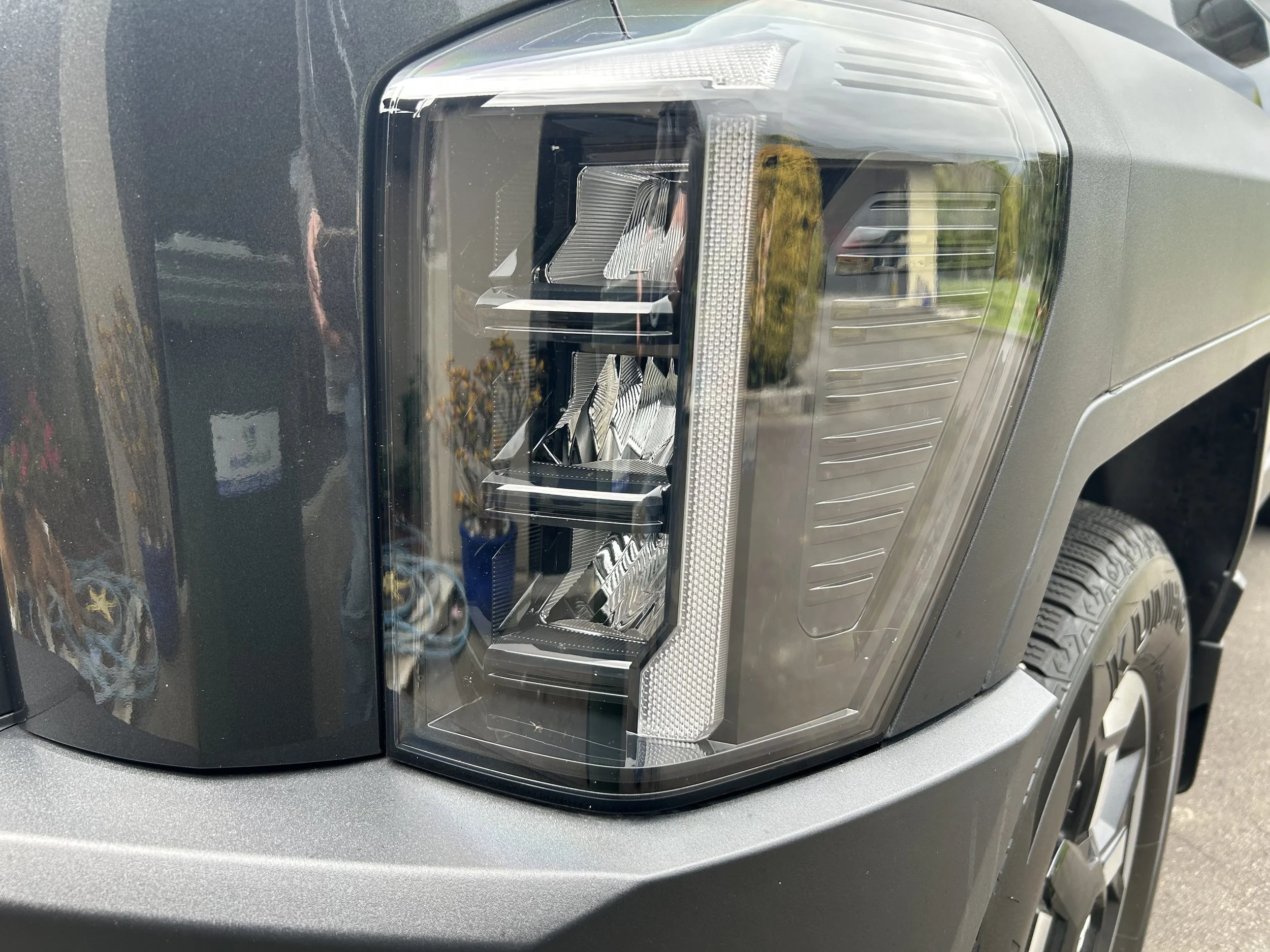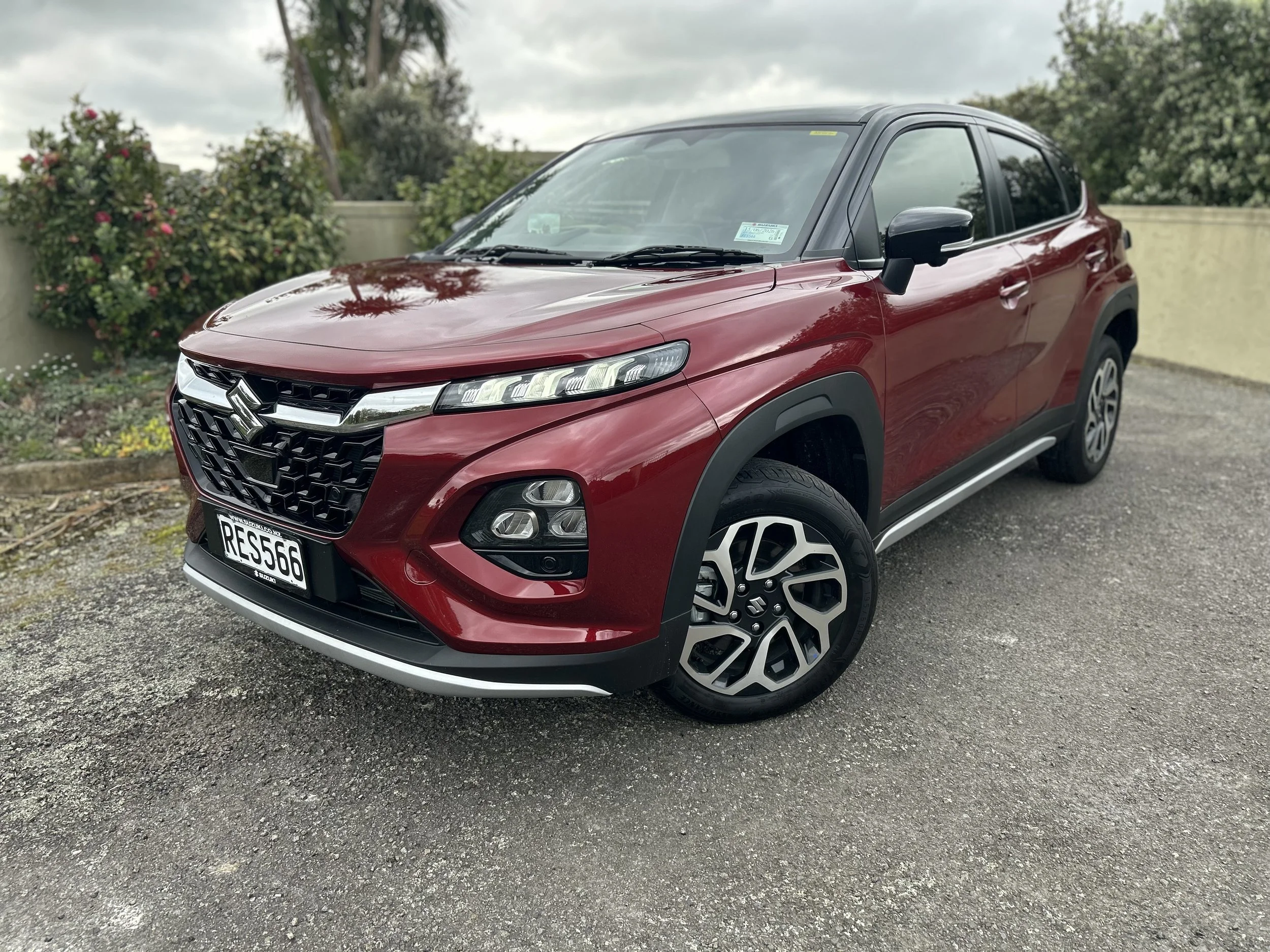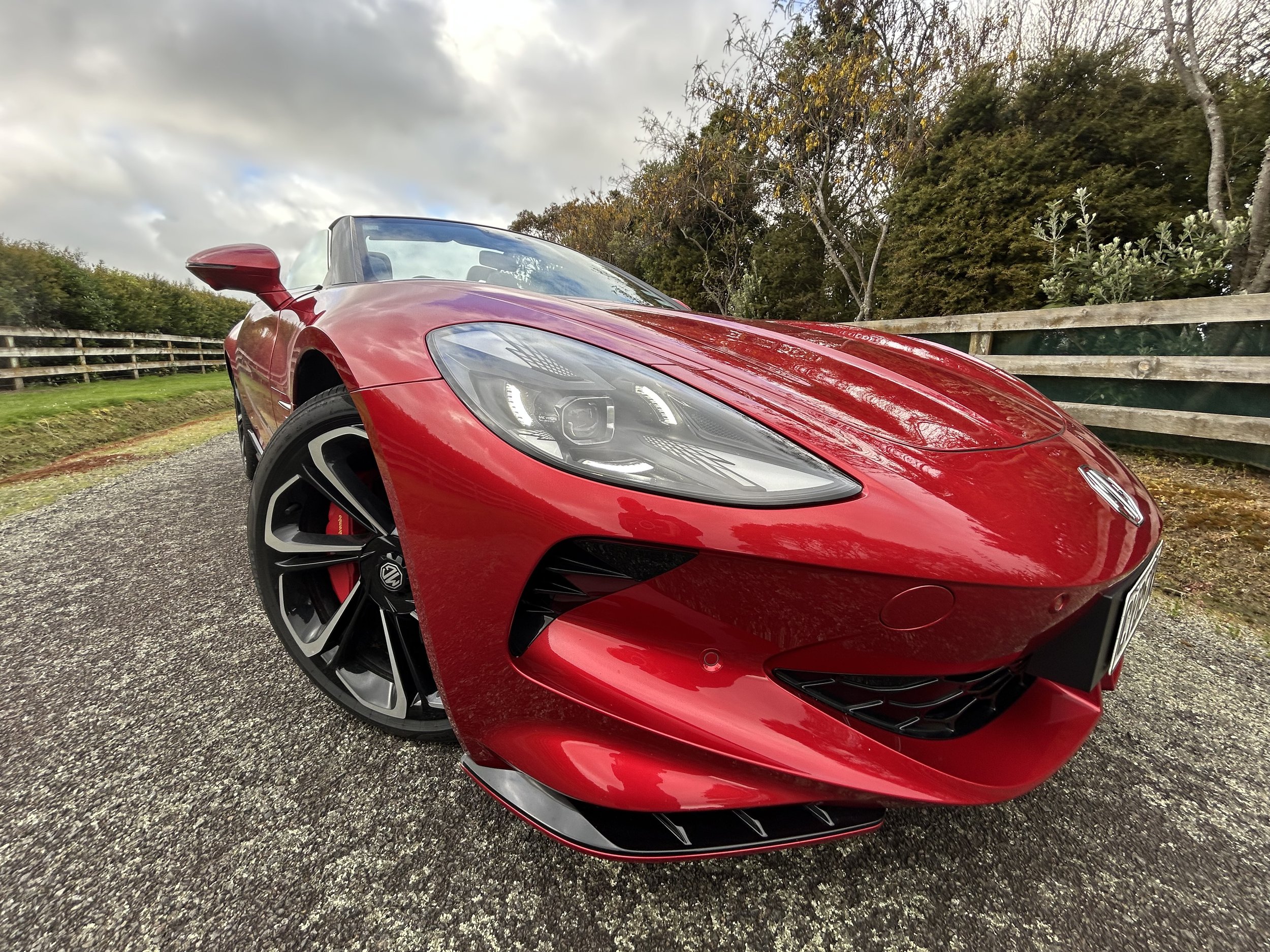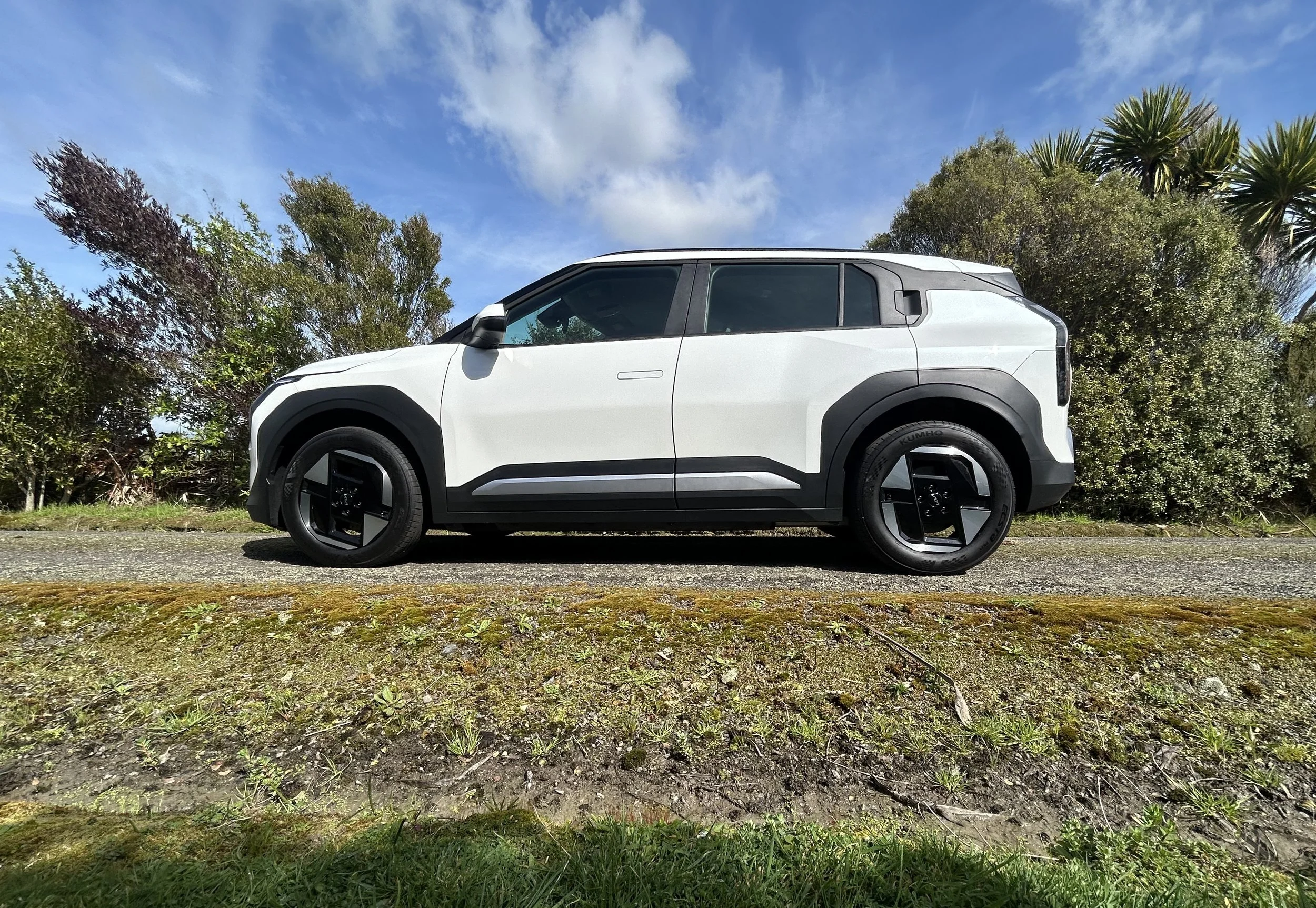Trophy added to Megane RS cabinet
/The highest-performance edition of Renault’s hot hatch has finally reached New Zealand.
MODEST sales volume but massive for brand awareness – that factor thankfully keeps Renault’s Megane RS hot hatch off the endangered list.
The brand’s New Zealand distributor is quite open about this being the variant that contributes least to keeping the local outfit’s lights on, in that it really delivers a very light volume.
On the other hand, it’s quite potentially the car that does the best job of turning attention toward this make.
The attention-grabbing status surely elevates all the more now they’ve secured the Trophy version, the least tamed of the three levels of specification for the model.
It has the hottest engine, the sportiest chassis, the stickiest tyres and the best brakes. Oh yes, and the most interesting exhaust note.
The most-wanted edition is also the one that has taken an extraordinary long time to get here; it’s been in production since 2018.
There’s no explanation from Renault NZ as to why it’s just turned up now, but in all likelihood that won’t have diluted the desirability factor.
The delay means we achieve versions with update features introduced for 2021. These include new LED headlights, altered upholstery hues, a new 9-inch portrait touchscreen and a 10-inch ‘virtual cockpit’ style digital binnacle. The Bose audio is improved and it has the latest version of Renault’s ‘Easy Link’ infotainment interface.
Trophy also has some styling enhancements to set it aside from the other RS editions, including bespoke 19-inch alloys that are lighter than standard, and it also comes with the option of racetrack-ready Recaro sports seats that are trimmed in Alcantara and can be set 20mm lower than the chairs in the other models.
The big pull is the engine. It’s essentially the same turbocharged 1.8-litre petrol unit as the rest of the line-up, but output is upped by 15kW and 30Nm, to 220kW/420Nm. The later torque is for the dual-clutch auto model - the manual makes do with less.
Aiding responsiveness is a new bearing for the turbocharger, made from ceramic instead of steel, while the exhaust itself gets a two-mode valve in the rear silencer that can reduce back pressure and enhance the sound.
The Megane RS Trophy's chassis is based on that of the Cup model, so it features a Torsen mechanical limited slip differential, firmer dampers, firmer springs and stiffer anti-roll bars. It has 4Control four-wheel steering, too.
Last, but certainly not least, the Trophy's front brake discs are new bi-material items measuring 355mm in diameter. These reduce 'unsprung' mass by a considerable 1.8kg per wheel, but they're also said to enhance heat dissipation, reducing the chance of brake fade when pushed to the limits on track.
Pricing? It’s $65,990 for the manual while the EDC dual-clutch auto arrives from $68,990. That compares to $59,990 for the base Megane RS 280.
The Recaro front seats cost $2900, you can also add in a sunroof for $1900.
No-one is saying anything officially, but this could be the last of the breed, for two reasons.
First Renault is looking increasingly at divesting pure fossil-fuelled powertrains for electric-assisted inclusions. They’ve already done this with the mainstream Megane, with a model touting an E-Tech plug-in system based around a naturally-aspirated 1.6-litre petrol engine that uses two electric motors.
Renault claims a 48km driving range on electric power when you fully charge the 9.8kWh battery pack.
There’s no talk of the current RS going to electric assistance, but there is potential the hatch part of the equation might yet head into history, with increasingly strong signals that the next-gen Megane will become a wholly battery-compelled crossover.
That proposal has been previewed by a low-slung SUV styling study, revealed last year, using a 60kWh battery and a 160kW electric motor with 300Nm of torque.

















